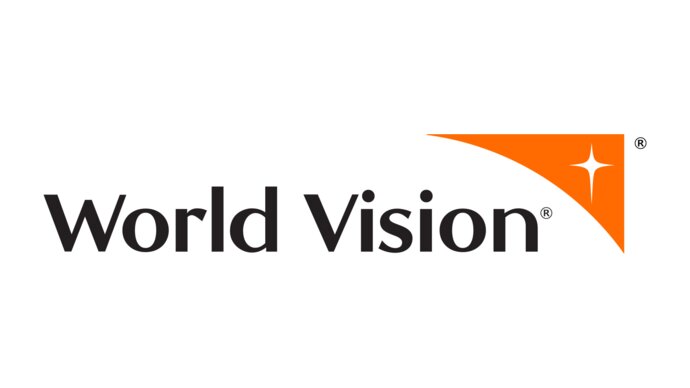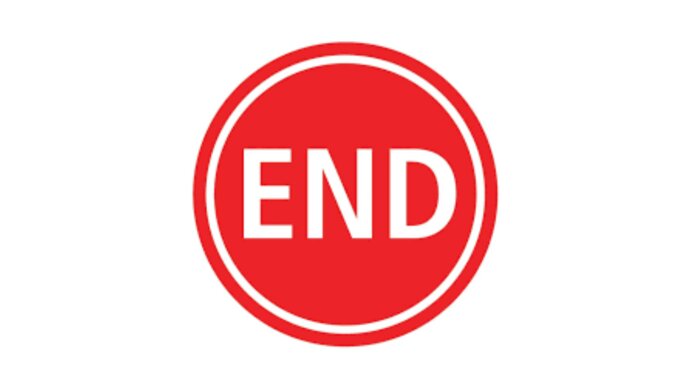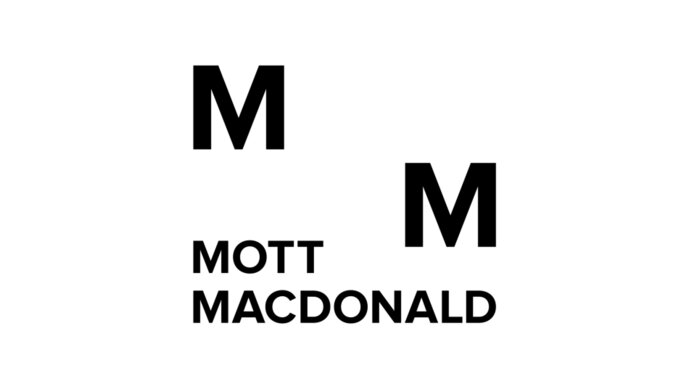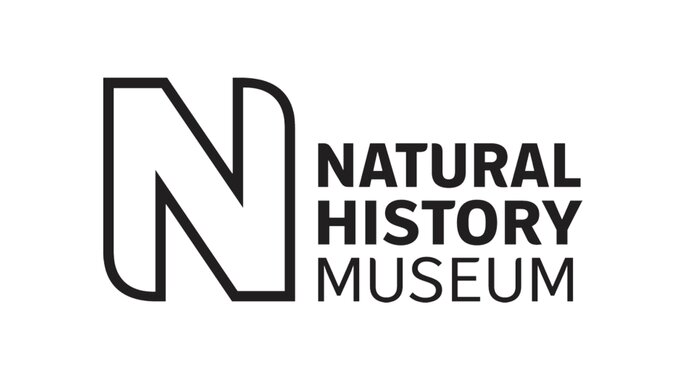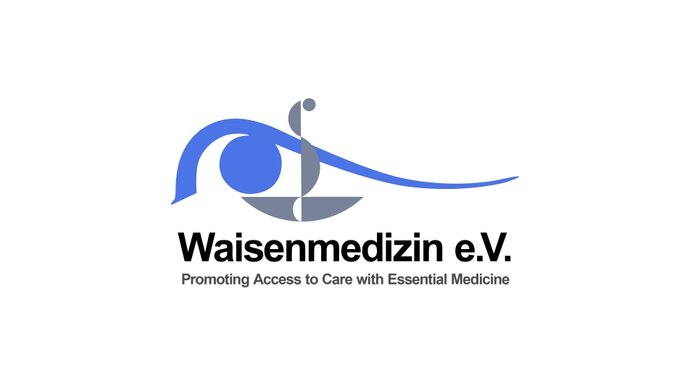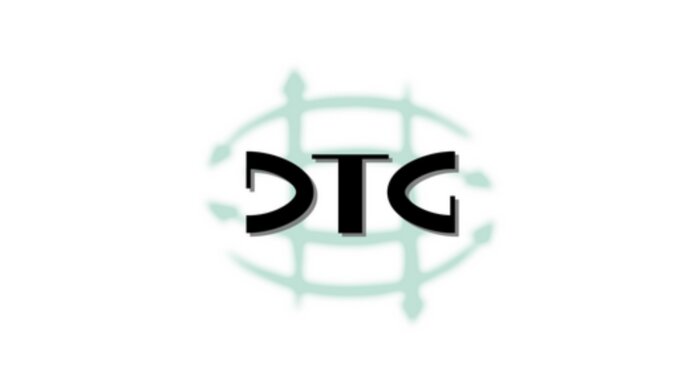
AG NTDs (German NTDs Youth Initiative)
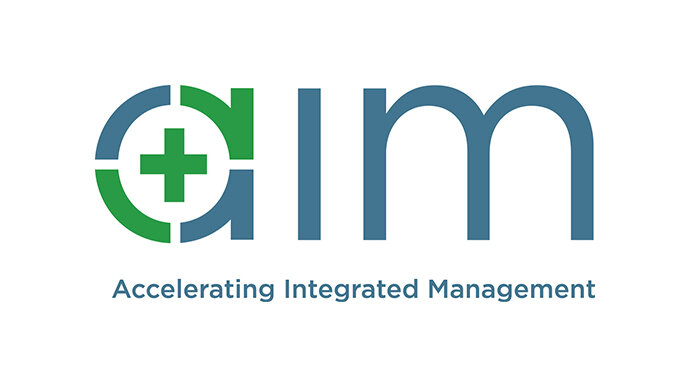
AIM
The Accelerating Integrated Management Initiative (AIM) wants to increase early diagnosis and access to appropriate treatment for the millions of people affected by and at-risk for Neglected Tropical Diseases (NTDs). We’re doing this by better targeting and integrating healthcare services in those communities.
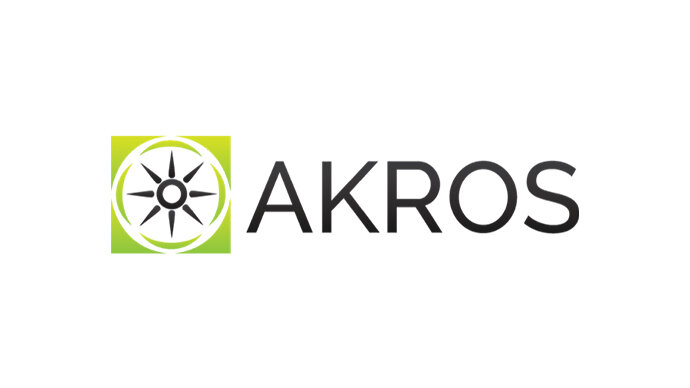
Akros
Akros establishes data-driven systems that improve the health and well-being of disadvantaged communities. This is done by establishing community-level surveillance platforms equipped with automated, novel feedback loops to drive behavior change at the source and provide decision-makers with the information they need most.
https://akros.com/

Amref Health Africa
Established and registered in 1957, Amref Health Africa is Africa’s largest indigenous, international health NGO.
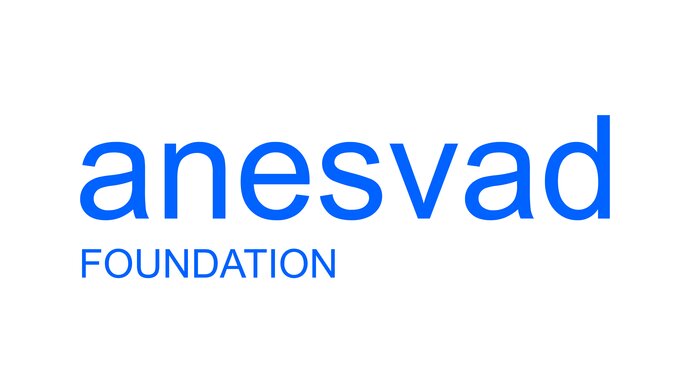
Anesvad

BIFERD
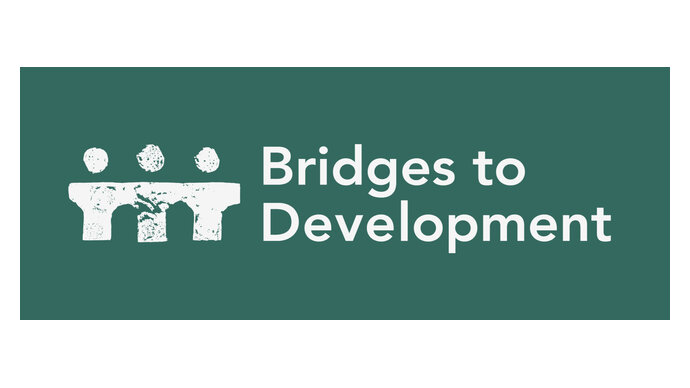
Bridges to Development
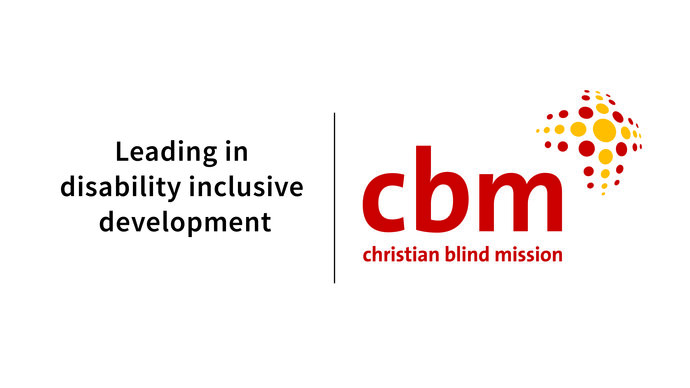
CBM International
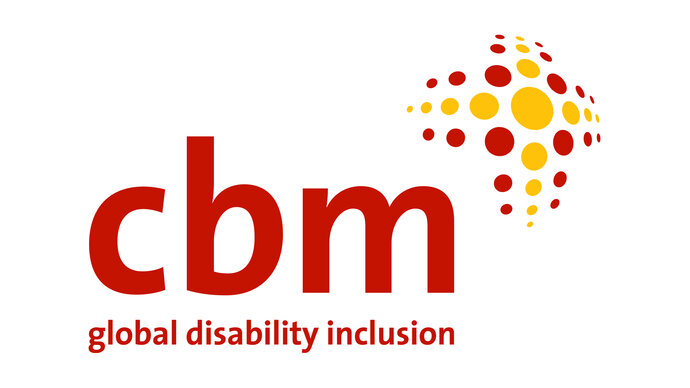
CBM Global Disability Inclusion
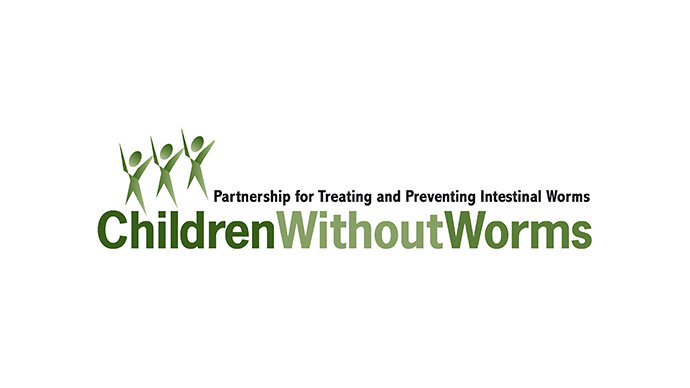
Children Without Worms
Children Without Worms (CWW) is a partnership between Johnson & Johnson and the Task Force for Global Health in the global control of soil-transmitted helminths (STH), commonly known as intestinal worms.
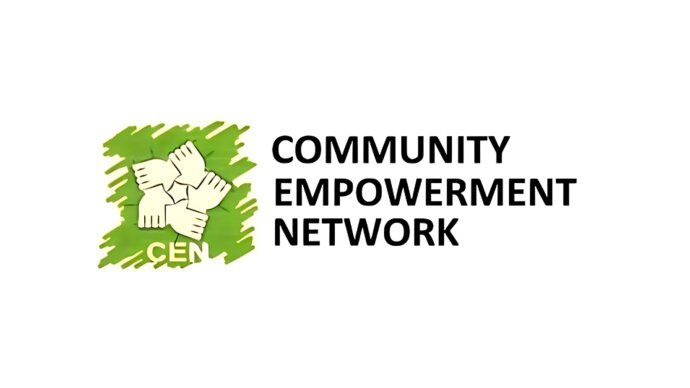
Community Empowerment Network (CEN)
Community Empowerment Network (CEN) is South Sudanese NNGO registered under registration number 1081 by South Sudanese government under the law “Act on NGOs”. CEN envisions a “poverty -free, empowered & democratic society in South Sudan which is guide by the values of Equity, Accountability, Inclusion and Respect”. The CEN NNGO works for the development & empowerment of socio-economically disadvantaged & vulnerable people in South Sudan and assist them in addressing their poverty linked issues. Our core target groups are in rural and hard to reach areas of South Sudan. CEN implements an integrated, multi-sectoral program portfolio of humanitarian and development assistance in South Sudan. Our core long time donor agency has been UNICEF South Sudan. For the last three years to date, CEN has active more than around staff mostly active in rural areas of South Sudan, with its main office in Juba and 5 field locations across the Greater Pibor Administrative Area, Jonglei, Lakes, Upper Nile States, and Abiyei Administrative Area of South Sudan.
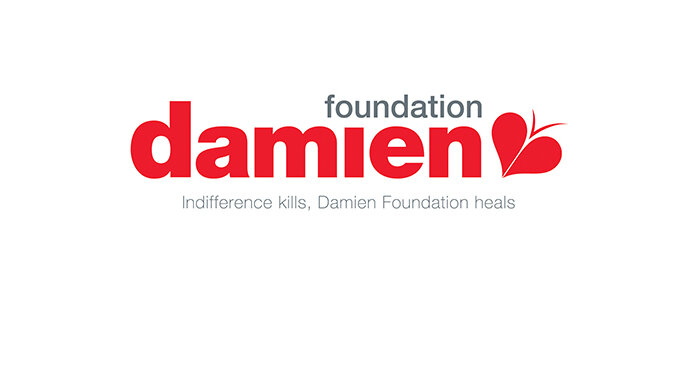
The Damien Foundation
The Damien Foundation is highly specialised. Ours is a long-term battle waged specifically against two diseases, leprosy and tuberculosis. The focused nature of our work sets our Foundation apart from other non-governmental organisations.We help in setting up easily accessible, sustainable, high-quality programmes. However, we limit our project work to specific regions and countries. This is because our project commitment is a long-term one. As long as it is desirable, reasonable and necessary to do so, we will remain partners in a project.
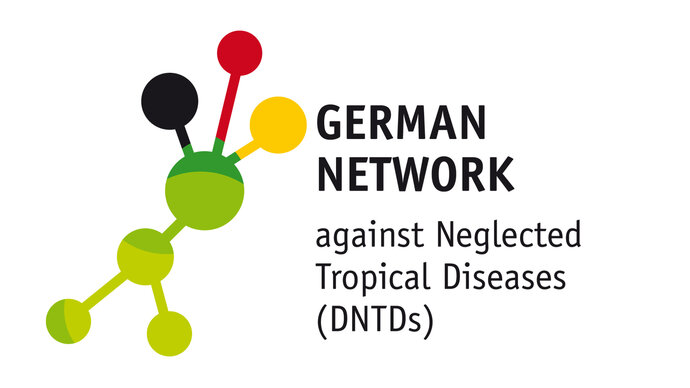
DNTDs - German Network against Neglected Tropical Diseases
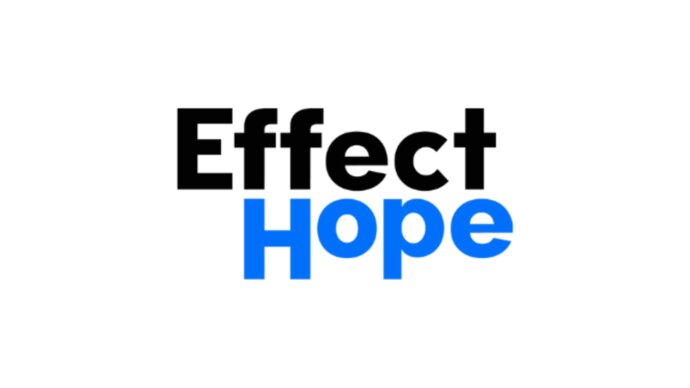
Effect Hope
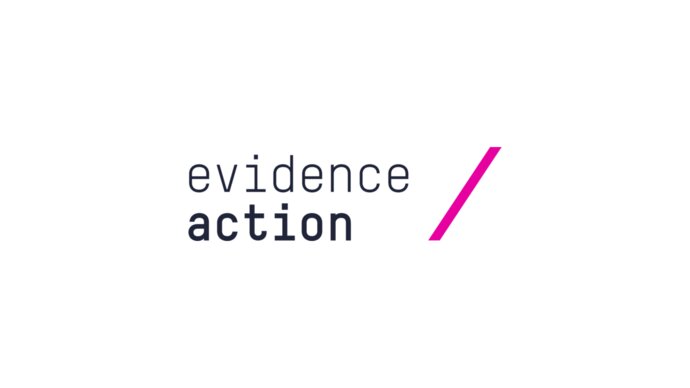
Evidence Action
Evidence Action's Deworm the World Initiative scales up school-based deworming programs worldwide to improve children's health, education and long-term development. It currently supports deworming of more than 200 million children annually.
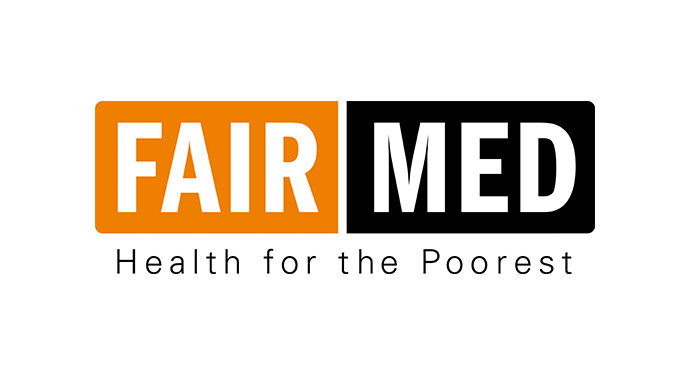
FAIRMED
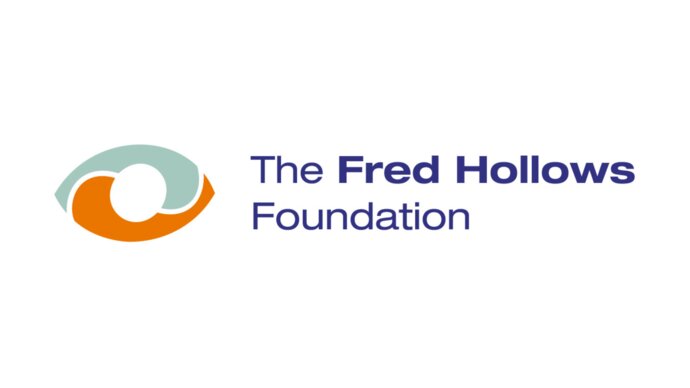
The Fred Hollows Foundation

FHI 360
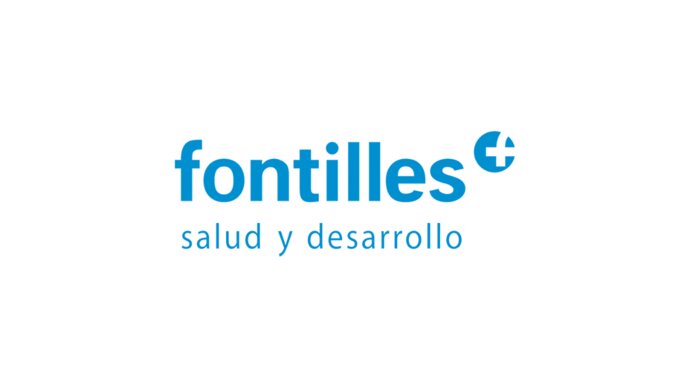
Fontilles
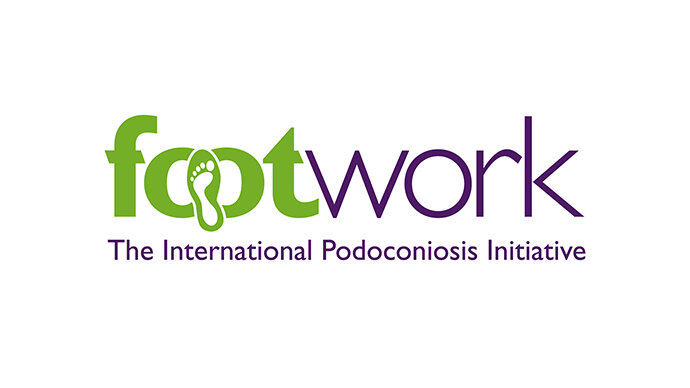
Footwork
Our vision is a world free of podoconiosis in our lifetime.
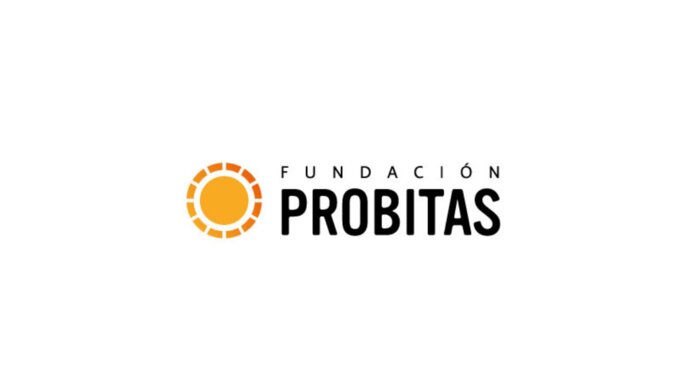
Fundacion Probitas
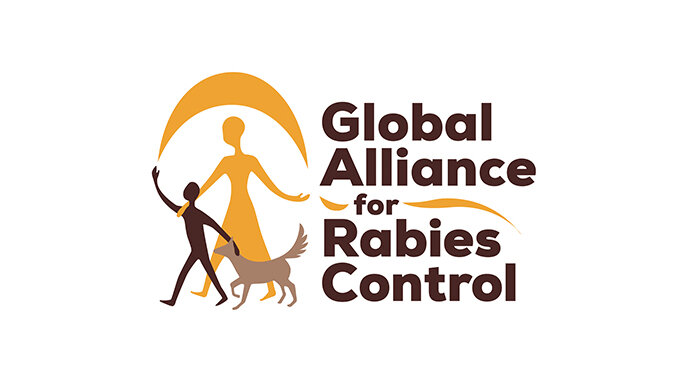
The Global Alliance for Rabies Control (GARC)
The Global Alliance for Rabies Control (GARC) is the leading NGO working to eliminate deaths from canine rabies by 2030, by working with international organisations; governments; veterinary, public health and educational experts; and communities to facilitate policy change and build capacity to eliminate rabies in areas hardest hit by the disease.
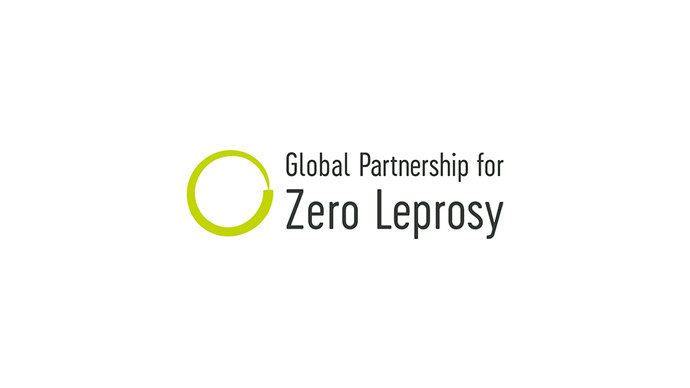
Global Partnership for Zero Leprosy
The Global Partnership for Zero Leprosy is a coalition of dedicated people committed to ending leprosy, also known as Hansen’s disease. We formed in 2018 to support a new ambitious vision: No disease, no disability, no discrimination, and no stigma. Our plan for zero leprosy includes a unified and prioritized research agenda and country model, which embraces innovation and strong partnership with national programs and partners.

Global Schistosomiasis Alliance
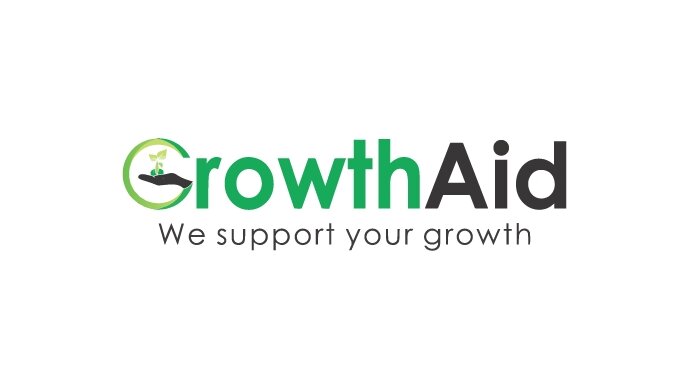
GrowthAid
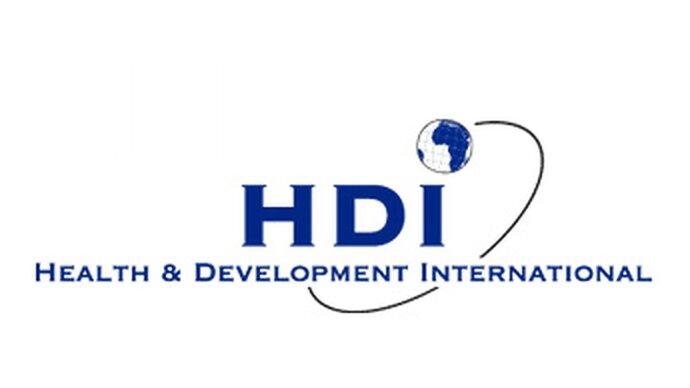
Health & Development International
Health & Development International (HDI) is a non-governmental organization (NGO) with offices in the United States and Norway and is dedicated to working toward the eradication of Guinea worm disease and lymphatic filariasis in Africa and elsewhere.
Health and Development Support Programme (HANDS)
HANDS is involved in the control and elimination of NTDs in northern Nigeria, reaching under-served communities in the states of Yobe, Jigawa, Kano, Bauchi and the federal capital territory Abuja. HANDS improves quality of life through health interventions such as surgeries for Trachoma Trichiasis, cataract and hydrocele, lymphodema management, mass distribution of medicines, application of WASH activities, ensuring inclusion and equality for all beneficiaries especially persons with disabilities in our approaches and overall awareness raising..
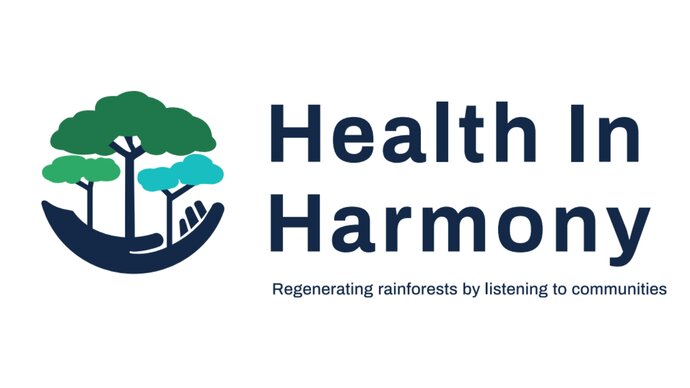
Health in Harmony
Health In Harmony (HIH) is an international nonprofit dedicated to reversing global heating, understanding that rainforests are essential for the survival of humanity. Using the innovative process of Radical Listening, we collaborate with the experts – rainforest communities – to create the change the planet needs. We do not wait for others to act but hold ourselves accountable for the planet’s future. Humanity must halve atmospheric carbon by 2030, and we are committed to making a significant impact on this drawdown. In order to scale, our work is deeply rooted in monitoring, data, and evaluation.
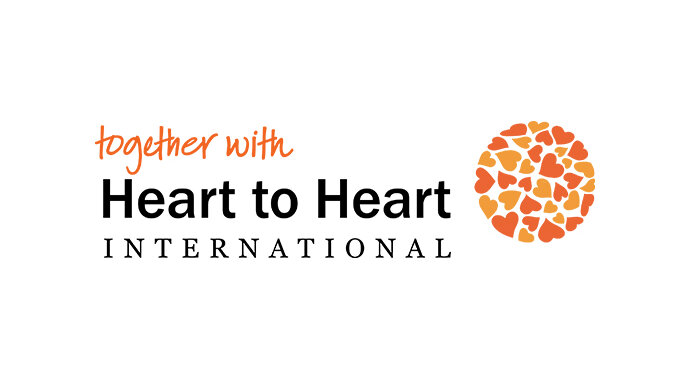
Heart to Heart International
Based on love and compassion of Christianity, Heart to Heart International is serving children and families suffering from poverty, disabilities and diseases to empower them and to create "Inclusive Society" for all since it was established in 1988. Heart to Heart International is headquartered in Seoul, Korea and works for developing countries as well as Korea.
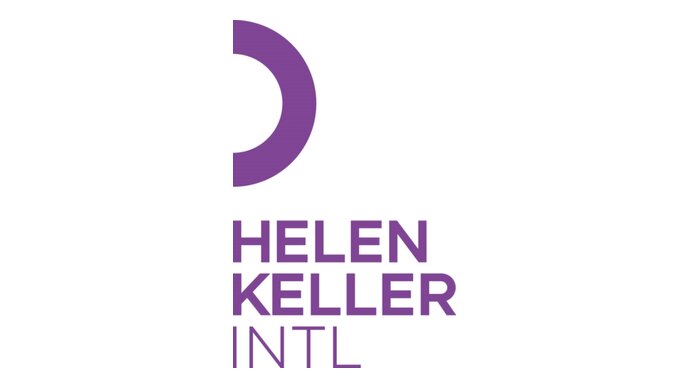
Helen Keller International
Helen Keller International (HKI) is known for sustainability, reliability, efficiency, and the highest level of technical expertise in preventing blindness and reducing malnutrition. HKI is headquartered in New York City, and has programs in 21 countries in Africa and Asia as well as in the United States.
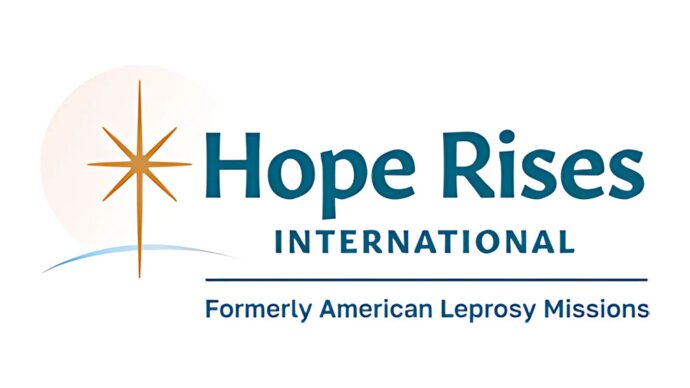
Hope Rises International

HUMAN ACCESS
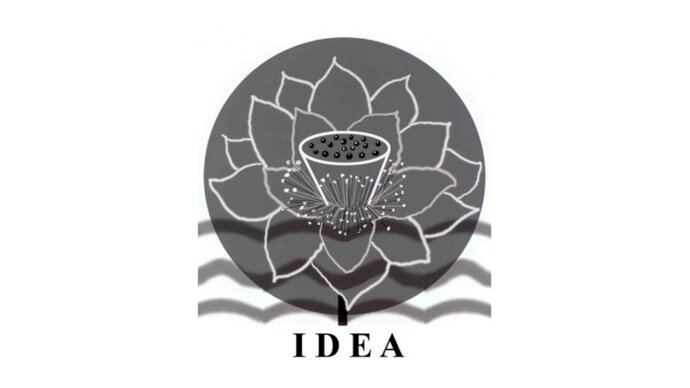
IDEA
The International Association for Integration, Dignity and Economic Advancement, IDEA, is a global network of persons who have experienced Hansen’s disease/leprosy and their family members, who advocate for the empowerment, inclusion and human rights of persons who have experienced the disease.
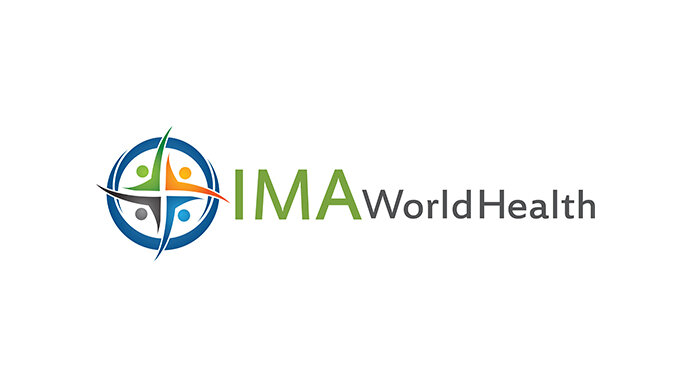
IMA World Health
IMA World Health (IMA), a specialist in providing essential healthcare services and medical supplies around the world, is a nonprofit, faith-based organization working to restore health, hope and dignity to those most in need.
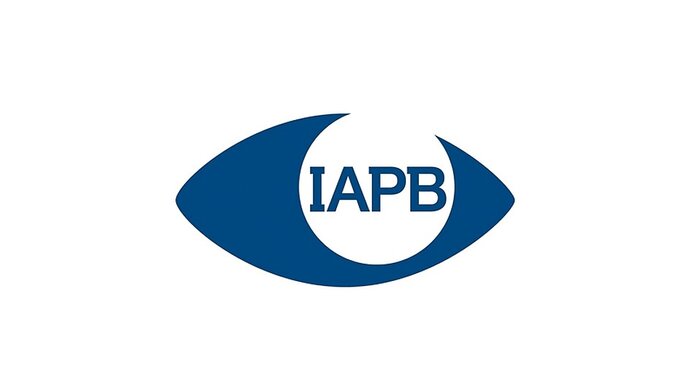
International Agency for the Prevention of Blindness
The International Agency for the Prevention of Blindness (IAPB) was established in 1975 as a coordinating, umbrella organization to lead international efforts in blindness prevention activities.
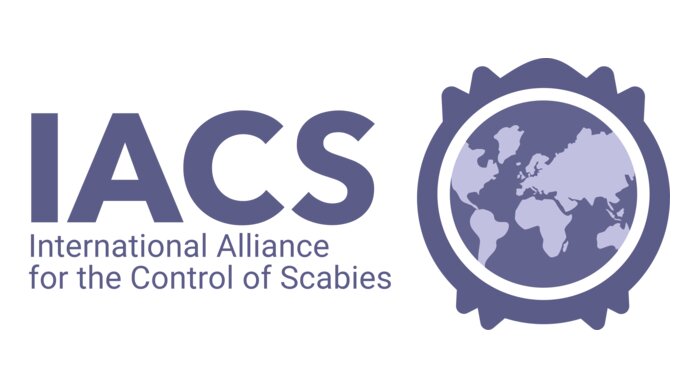
International Alliance for the Control of Scabies
The International Alliance for the Control of Scabies (IACS) is a global network of researchers, clinicians and public health experts committed to the control of human scabies and the promotion of health and wellbeing of all those living in affected communities.
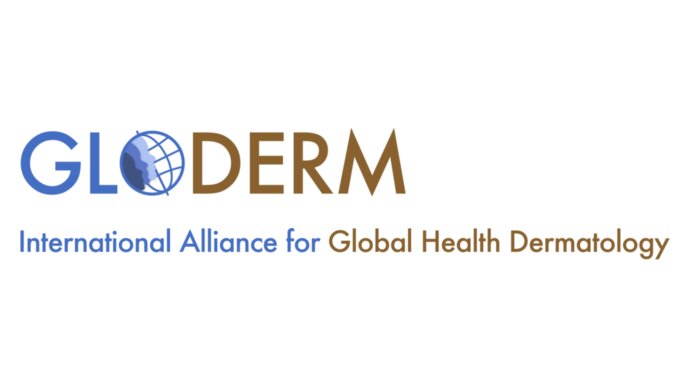
International Alliance for Global Health Dermatology
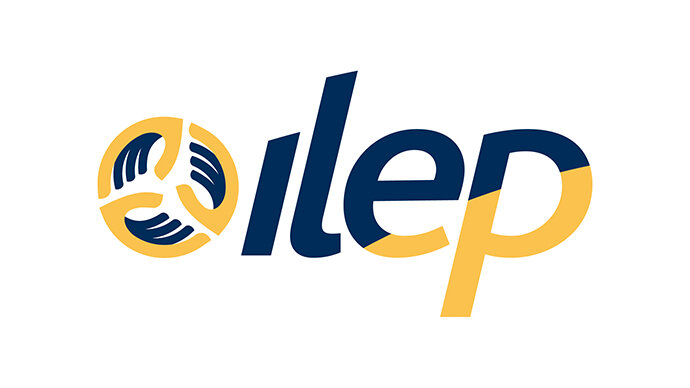
International Federation of Anti-Leprosy Associations
ILEP works together with its members to achieve a world free from leprosy.
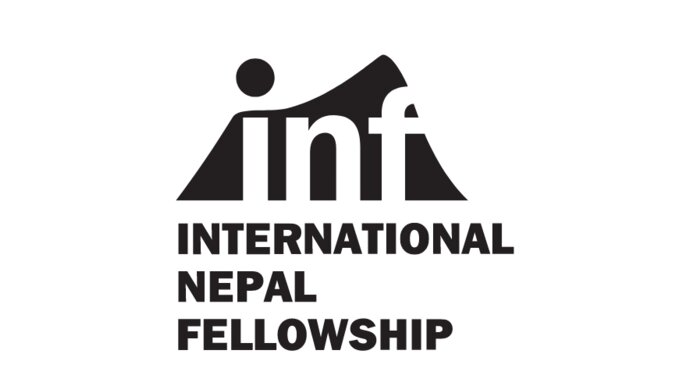
International Nepal Fellowship
International Nepal Fellowship (Nepal) is a Nepali non-government organisation serving Nepali people through health and development work to improve the quality of life of individuals and the community at large. Established in 1952, INF has been serving the poor and disadvantaged people of Nepal bringing life in all its fullness. INF Nepal is working in 11 districts of Gandaki, Lumbini, Karnali and Sudurpaschim Provinces of Nepal through three hospitals (Green Pastures Hospital in Pokhara, Shining Hospitals in Banke and Surkhet) and Community Health and Development work. INF has decades of experience successfully implementing Community Health and Development and Community Based Rehabilitation work in several remote communities of Nepal. It has contributed significantly to the treatment of leprosy and tuberculosis. Green Pastures Hospital (GPH) of Pokhara is a specialist 100 bed hospital that provides specialized treatment and rehabilitation in leprosy, dermatology, spinal cord injury and other neglected trauma, ear diseases, palliative care etc.
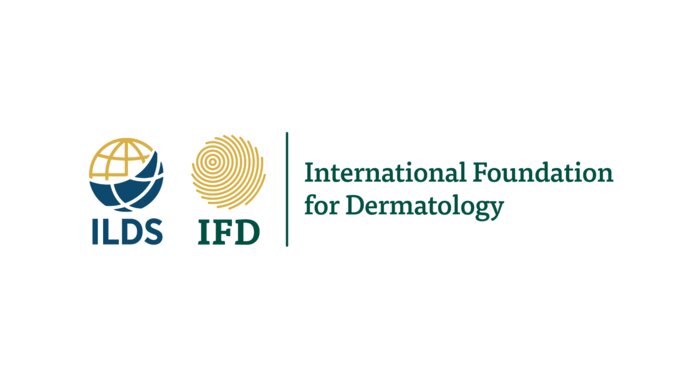
ILDS - International Foundation for Dermatology
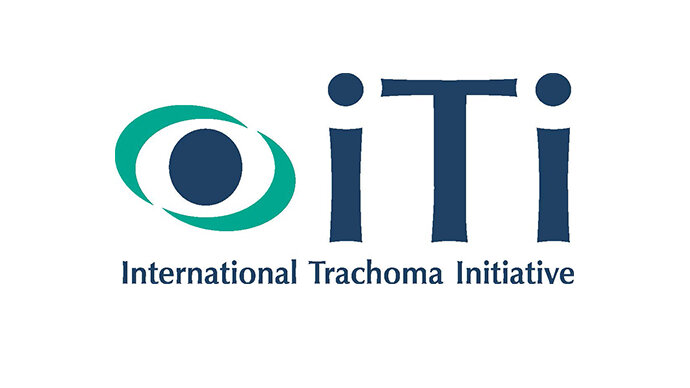
International Trachoma Initiative
The International Trachoma Initiative (ITI) supports the global elimination effort by managing Pfizer’s donation of the antibiotic Zithromax®, which is distributed as part of comprehensive public health programs to eliminate trachoma.

INMED Partnerships for Children
Since 1986, INMED Partnerships for Children has built alliances with public and private sector partners in more than 100 countries to rescue children from the immediate and irreversible harm of disease, hunger, abuse, neglect, violence or instability, and to prepare them to shape a brighter future for themselves and the next generation. Through a broad range of health, education, family support, agriculture and community development programs, INMED works to create opportunities that inspire hope, build self-reliance and encourage community collaboration to sustain positive change.
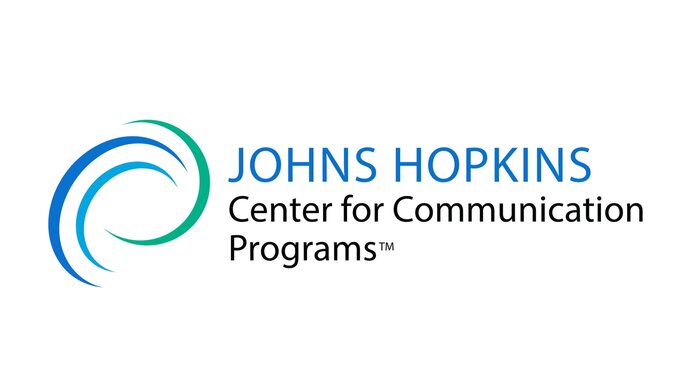
Johns Hopkins Center for Communication Programs
The Johns Hopkins Center for Communication Programs uses the power of communication to save lives by empowering people to adopt healthy behaviors for themselves, their families and their communities. We work collaboratively with in-country partners around the globe to:
Design, implement and evaluate comprehensive and strategic social and behavior change programs (SBC) in global public health issues including neglected tropical diseases and water sanitation and hygiene. Build the capacity of organizations and individuals in strategic communication through mentoring, training, institution building, knowledge management and supporting the SBC community at large. Design and implement research, monitoring and evaluation interventions to inform program design, test theories and assess program impact.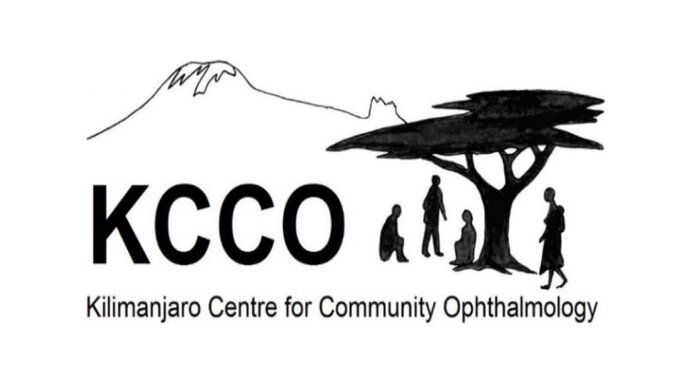
Kilimanjaro Centre for Community Ophthalmology
The goal of the Kilimanjaro Center for Community Ophthalmology (KCCO) is to reduce blindness in Africa by building the capacity of eye care professionals, communities, and others to implement prevention of blindness activities throughout eastern Africa.
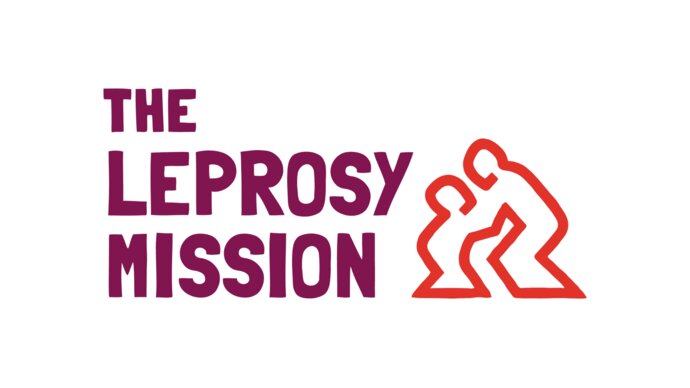
The Leprosy Mission
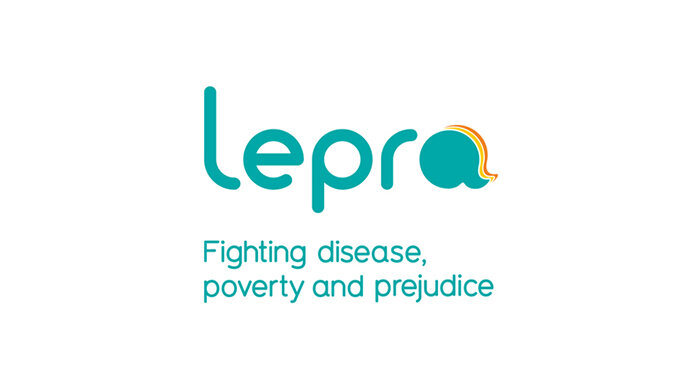
LEPRA
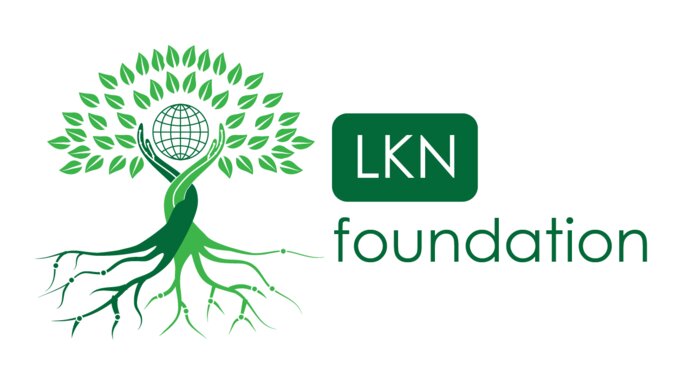
LKN Foundation Ltd
LKN Foundation is an Australian charity (LKN Foundation Ltd ACN 643 463 932) providing quality information on effective lymphoedema self-care to people affected by chronic oedema, those who care for them, and national health systems. We are developing online digital materials for these end-users.
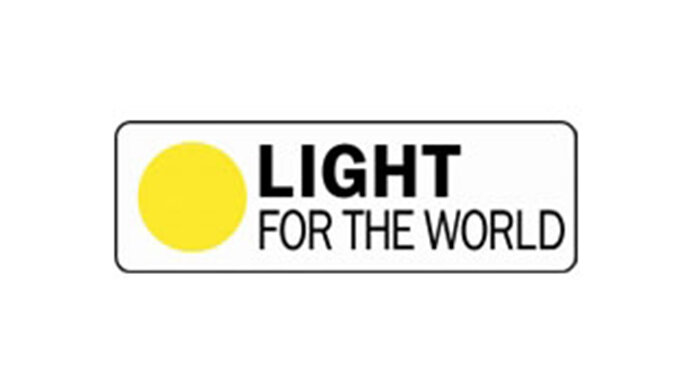
Light for the World
Following a human rights based approach, LIGHT FOR THE WORLD targets persons with disabilities living in poverty, and is committed to promoting eye health, rehabilitation, inclusive education, and an accessible and inclusive development co-operation.
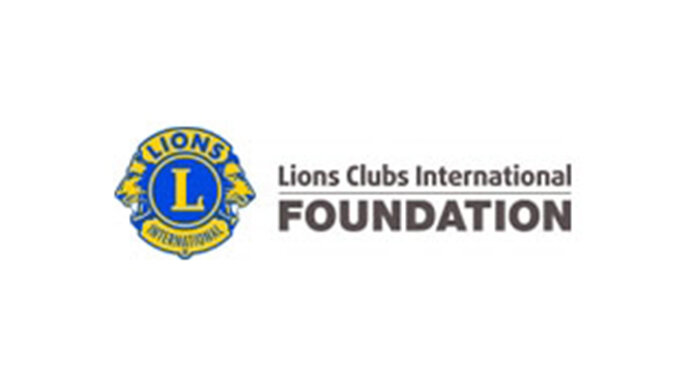
Lions Clubs International Foundation
The mission of the Lions Clubs International Foundation is to support the efforts of Lions clubs worldwide in serving their local communities and the world community as they carry out essential humanitarian service projects.
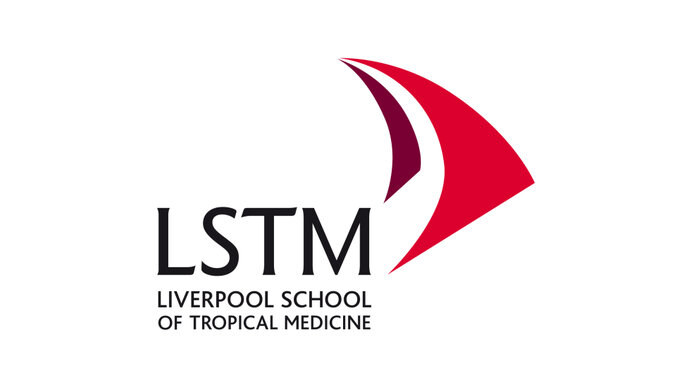
Liverpool School of Tropical Medicine
The LSTM has been involved in the study of infectious diseases in the tropics with an outstanding record of achievement in the areas of NTD research and capacity building for over a century. These achievements include descriptions of basic parasite and vector biology, drug development, support of country health programmes, technical assistance to global initiatives, evidence based strengthening and other interventions that will reduce the burden of NTDs.
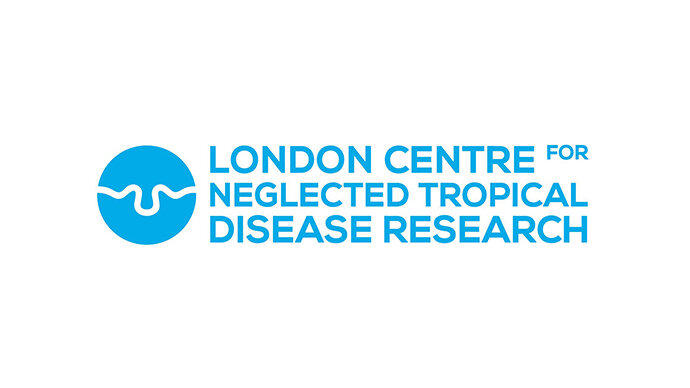
London Centre for NTD Research
The London Centre for NTD Research brings together leading experts to build the evidence base around the design, implementation and evaluation of NTD control and elimination programmes.
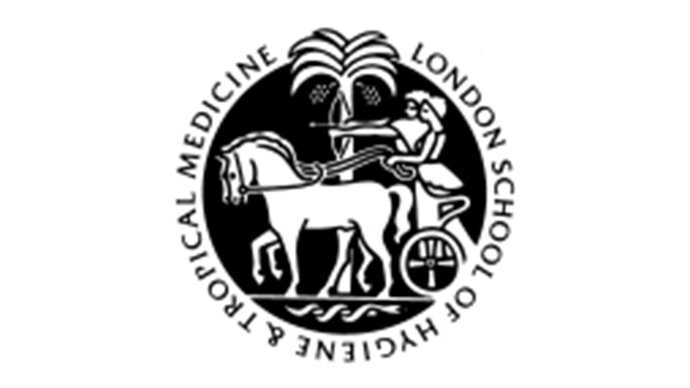
London School of Hygiene and Tropical Medicine
The mission of the London School of Hygiene and Tropical Medicine is to improve health and health equity in the UK and worldwide; working in partnership to achieve excellence in public and global health research, education and translation of knowledge into policy and practice.
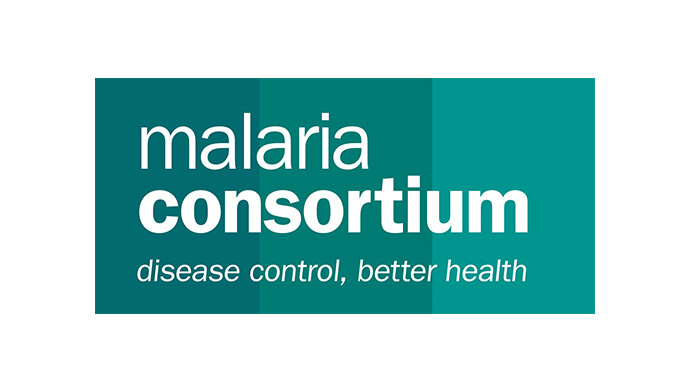
Malaria Consortium
Malaria Consortium's mission is to improve lives of all, especially the poorest and marginalized, in Africa and Asia through sustainable, evidence-based programs that combat targeted diseases. They target key health burdens, including malaria, pneumonia, diarrhea, and neglected tropical diseases (NTDs), along with other factors that affect child and maternal health.
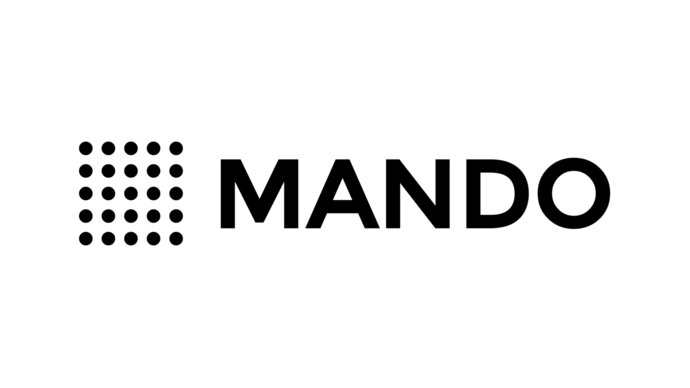
Matonyok Nomad Development Organization
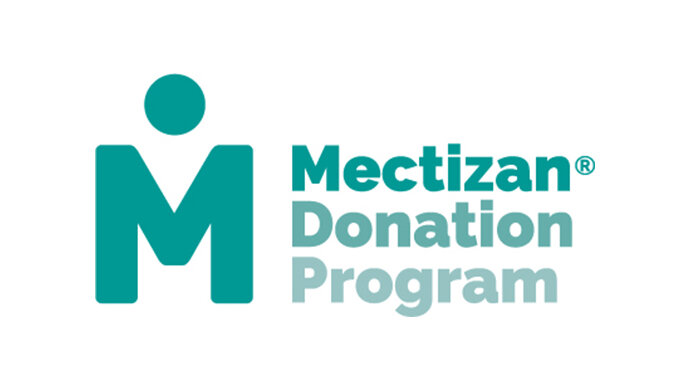
Mectizan Donation Program
Established 25 years ago, the Mectizan Donation Program (MDP) is the longest-running, disease-specific, drug donation program and public/private partnership of its kind.
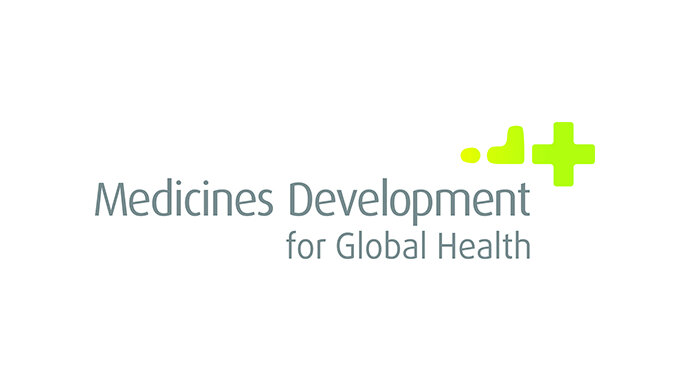
Medicines Development for Global Health
Founded in 2005, Medicines Development for Global Health is a not-for-profit global health company based in Melbourne, Australia with the mission to put new and improved therapies into the hands of those who need them most. Their business model is to use all funds in excess of running costs for the development of medicines and vaccines that may have limited commercial opportunity but which address important unmet medical needs.
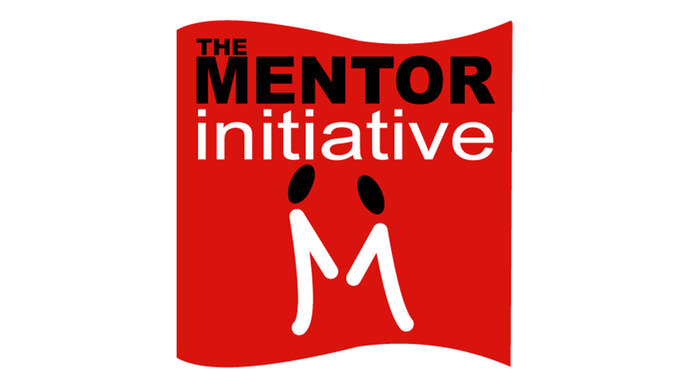
The MENTOR Initative
The MENTOR Initiative saves lives in emergencies through tropical disease control and then stays to help people recover from crisis with dignity, working side by side with communities, health workers and health authorities to leave a lasting impact.
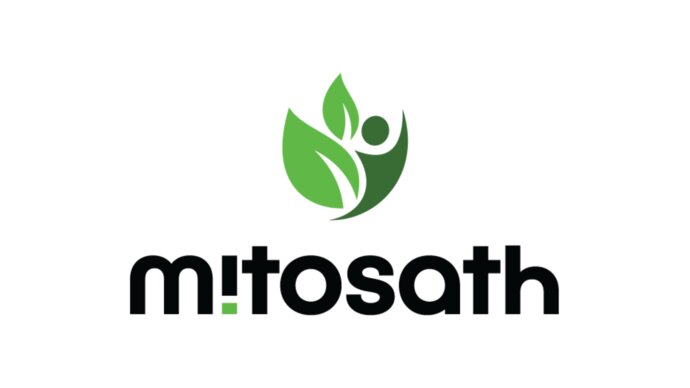
MITOSATH
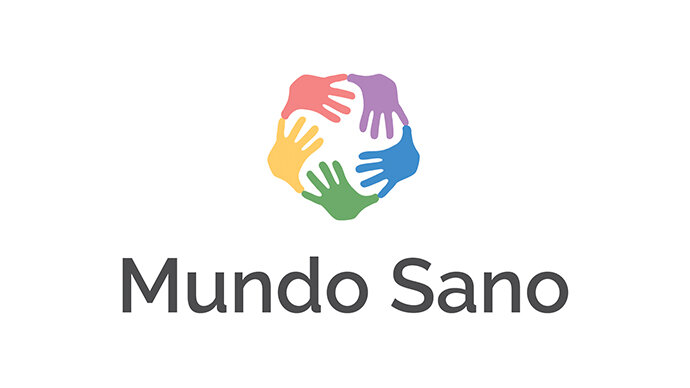
Mundo Sano
Mundo Sano is a private foundation working since 1993 to reduce the impact caused by neglected tropical diseases (NTDs) such as Chagas; mosquito-borne Dengue, Zika, Yellow Fever and Chikungunya; soil-transmitted helminthiases; Echinococcosis and Leishmaniasis. Its mission is to develop effective management models that are replicable, scalable and transferable through public-private partnerships on the basis of multidisciplinary scientific research.
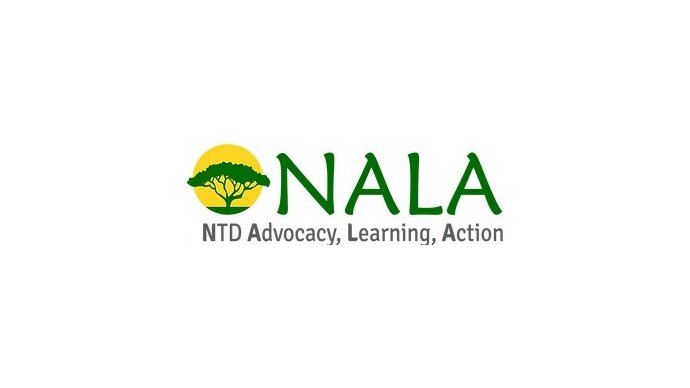
NALA
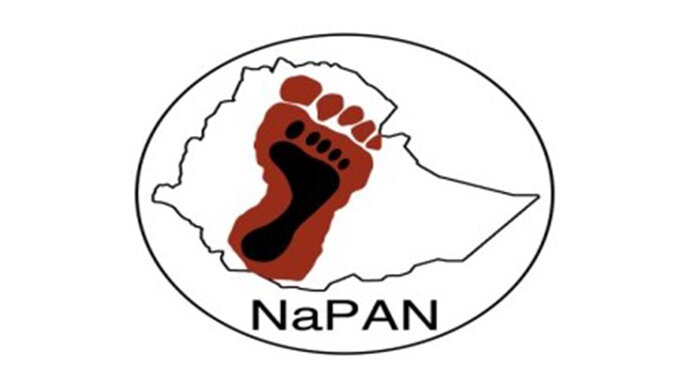
National Podoconiosis Action Network
NaPAN is a consortium of 9 member organizations in Ethiopia. It is working to see Ethiopia free of Podoconiosis, Lymphatic Filariasis and Leprosy. Its mission is to coordinate and standardize efforts of member organizations for the elimination of Podoconiosis, Lymphatic Filariasis and Leprosy, to build their capacity and to support research for evidence based interventions.
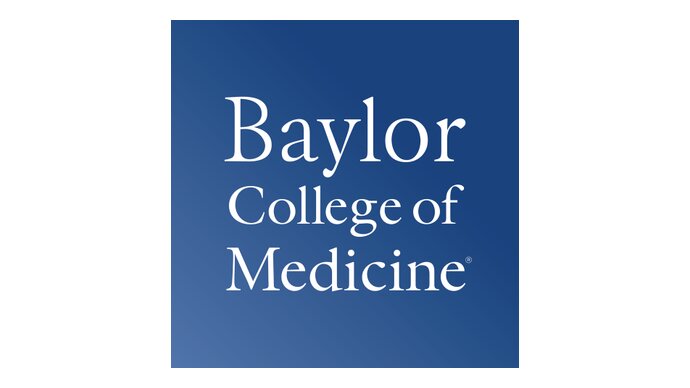
National School of Tropical Medicine - Baylor College of Medicine
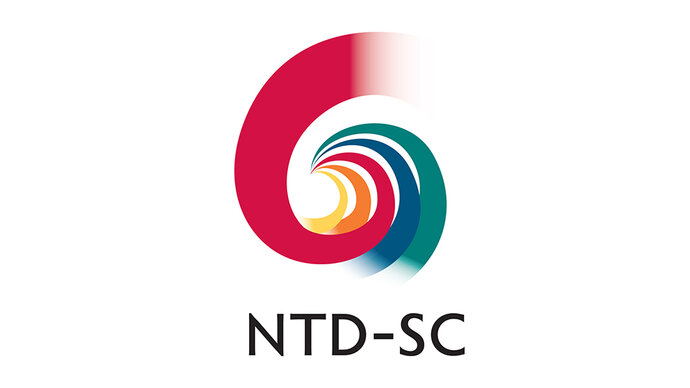
The Neglected Tropical Diseases Support Center
The Neglected Tropical Diseases Support Center (NTD-SC) optimizes operational research to achieve The World Health Organization's Roadmap targets. Supported by the Bill & Melinda Gates Foundation and USAID with actively involved global partners, this work aims to harness research efforts to control and eliminate NTDs. The NTD-SC is Secretariat for the Coalition for Operational Research on Neglected Tropical Diseases.
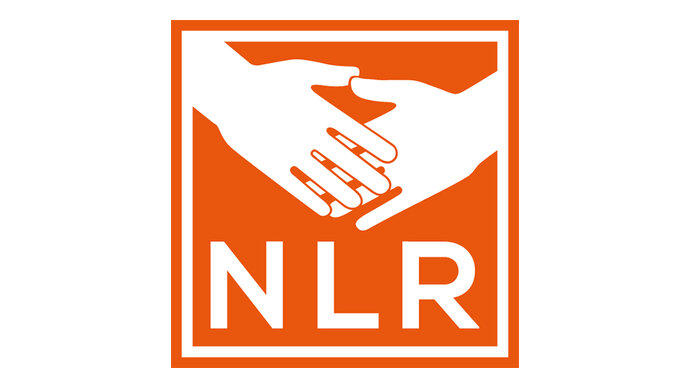
NLR - until No Leprosy Remains
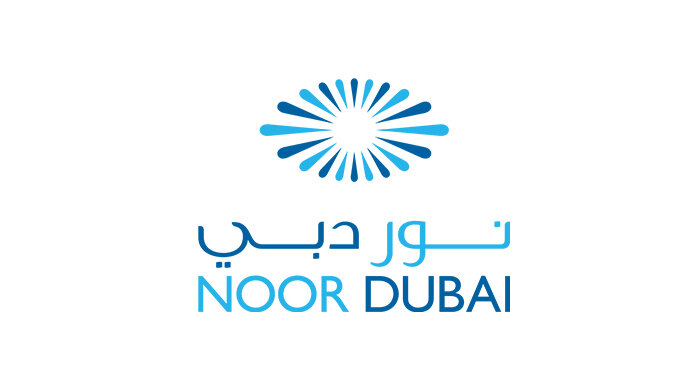
Noor Dubai
Noor Dubai Foundation is a UAE based charity with a vision for a world free from avoidable forms of blindness. It focuses on the prevention of blindness and visual impairment globally.
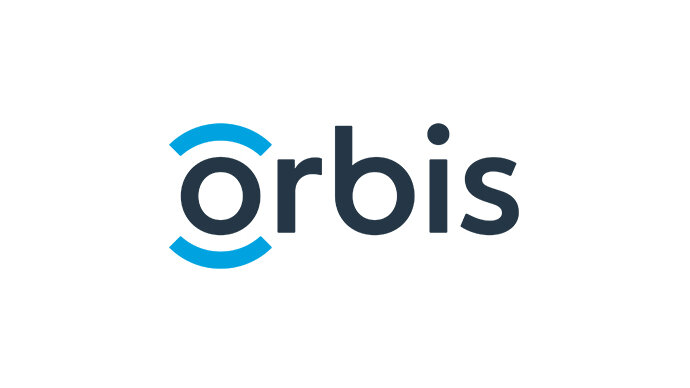
Orbis
Orbis believes in a world where no one is needlessly blind or visually impaired. By collaborating with partners and training local eye care teams they help build the skills and resources needed to deliver quality eye care across the world. By uniting the world to fight blindness Orbis works to ensure no one loses their sight simply because of where they were born.

Organisation pour la Prévention de la Cécité
The OPC (Organisation pour la Prévention de la Cécité - Organisation for the Prevention of Blindness) is an international NGO with specific expertise in ocular public health. It fights to preserve the sight of as many people as possible in the most deprived populations in French-speaking developing countries.
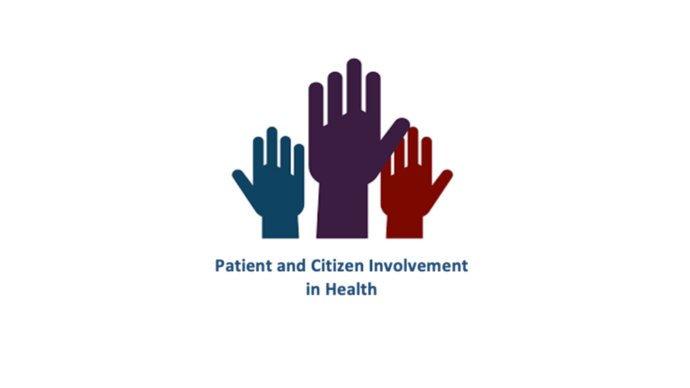
Patients and Citizens Involvement in Health (PCI Health)
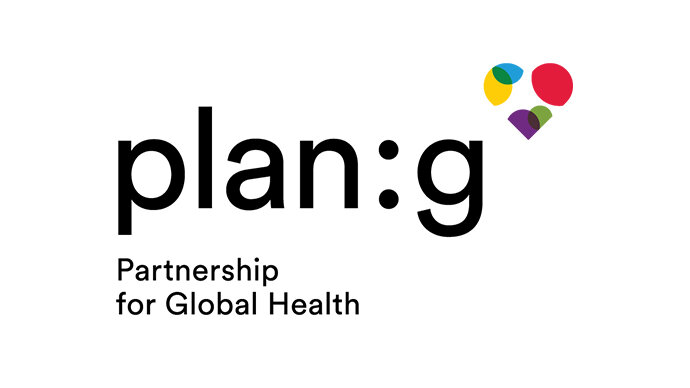
plan:g
The plan:g - partnership for global health is a human rights-oriented organization. It works in the health sector of development co-operation. plan:g’s prime objective is to overcome poverty and deprivation in developing countries through structural improvement of health systems. plan:g acknowledges the multiple interdependencies between countries, peoples and individuals in a globalized world.
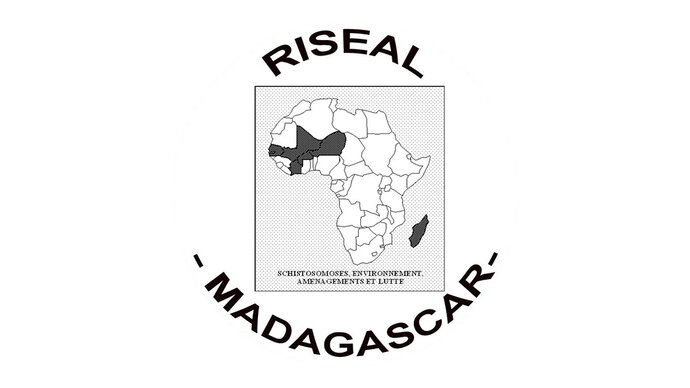
RISEAL Madagascar
RISEAL (Réseau International Schistosomiase Environnement Amenagement et Lutte) Madagascar is an association created ten years ago and belonging to the international network initially created in 1970 in the Western Africa countries. Actions implemented by RISEAL are focused on NTDs, mainly schistosomiasis, to alleviate the charge of the diseases for local communities far from the accessible cities. RISEAL is composed by multidisciplinary and proactive team who are working on different thematic projects from research to action in partnership with government institutions and other NGOs.
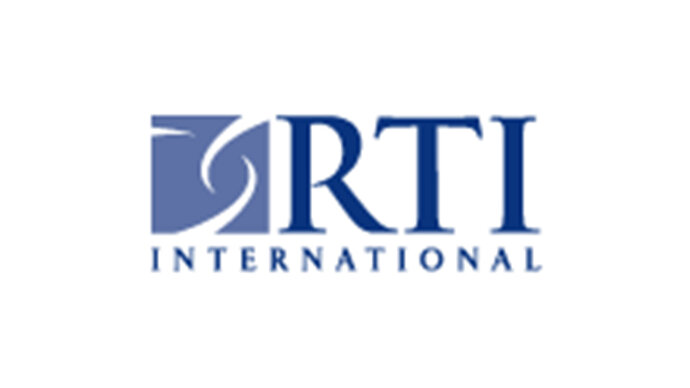
RTI International
RTI International is proud to be a global leader in NTD control and elimination. Since 2006, RTI has headed the implementation of USAID's flagship NTD projects, working in close partnership with WHO and ministries of health in over 20 countries.
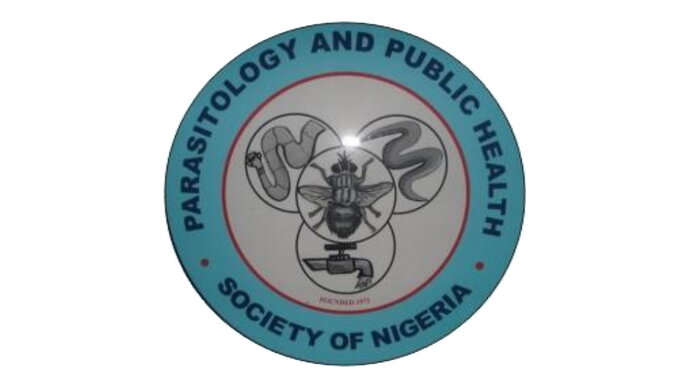
Parasitology and Public Health Society of Nigeria
The Parasitology and Public Health Society of Nigeria (PPSN) is a professional society that has over 680 members in all states of Nigeria. Members include academics, researchers, public health professionals, research students, and health administrators. Over the past 40 years, PPSN members have been involved in all aspects of disease control, prevention, and elimination processes concerning Human, Animal, and Environmental Health issues in Africa.
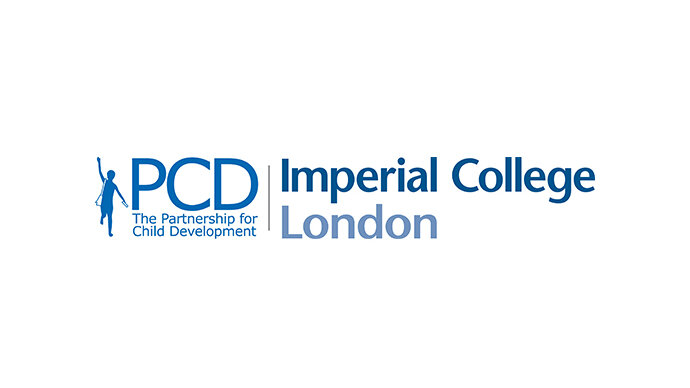
The Partnership for Child Development
The Partnership for Child Development (PCD), is a global consortium of civil society organizations, academic institutions and technical experts, with a coordinating hub based within the Department of Infectious Disease Epidemiology at Imperial College London.
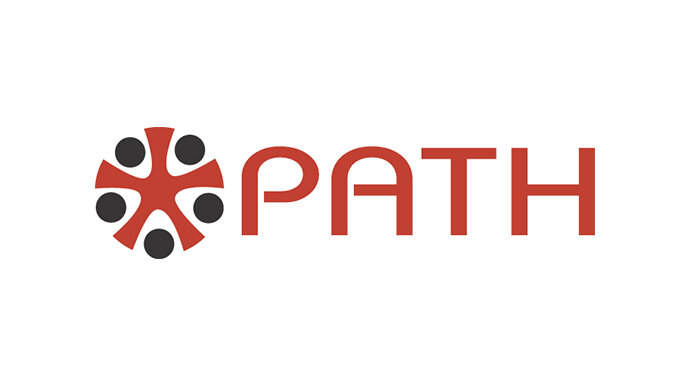
PATH
PATH is the leader in global health innovation. An international nonprofit organisation, we saves lives and improve health, especially among women and children. We accelerate innovation across five platforms—vaccines, drugs, diagnostics, devices, and system and service innovations—that harness our entrepreneurial insight, scientific and public health expertise, and passion for health equity. By mobilising partners around the world, we take innovation to scale, working alongside countries primarily in Africa and Asia to tackle their greatest health needs. Together, we deliver measurable results that disrupt the cycle of poor health.
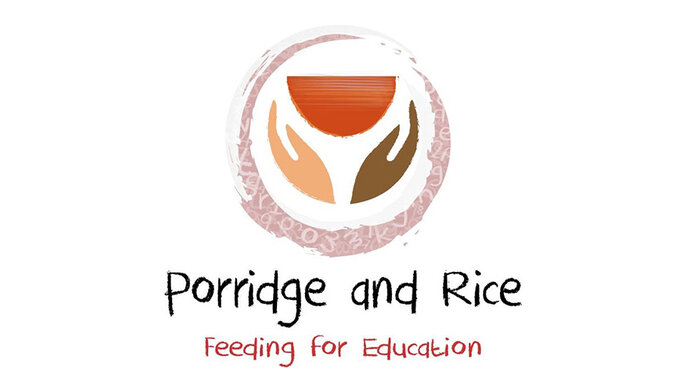
Porridge and Rice
Porridge and Rice is in essence an education charity looking to eradicate extreme poverty in the Nairobi slums by enabling access to a quality education and therefore help themselves to break the cycle of extreme poverty. We began with a feeding and nutrition program and expanded our scope to health and hygiene, gender and rights, education and sponsorship, facilities and furniture, extra-curricular, and sustainability and accountability. Within the health and hygiene program we include the provision of clean water for washing, cleaning and cooking incorporating the WHO WASH principles in order to change practice and develop an impetus among the residents to change for their own betterment. We have worked with Sightsavers, the WHO in Kenya, Children Without Worms and other NGO’s to further our aims to rid the slums of NTD’s, such as, trachoma, schistosomiasis and soil-transmitted helminthiases.
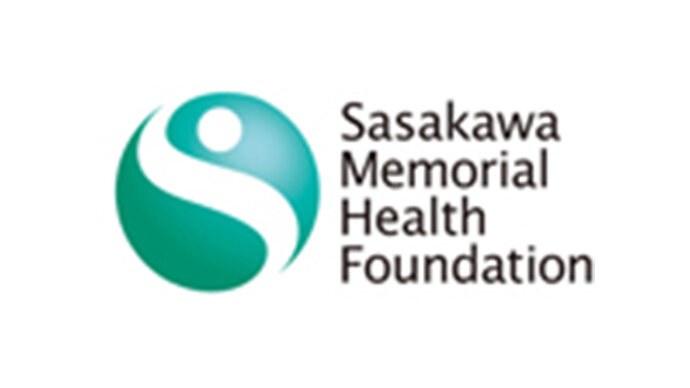
Sasakawa Memorial Health Foundation
SMHF is engaged in three areas of endeavour, Hansen's disease, palliative care and public health. Hansen's disease is the primary program, for which SMHF was established in 1974.
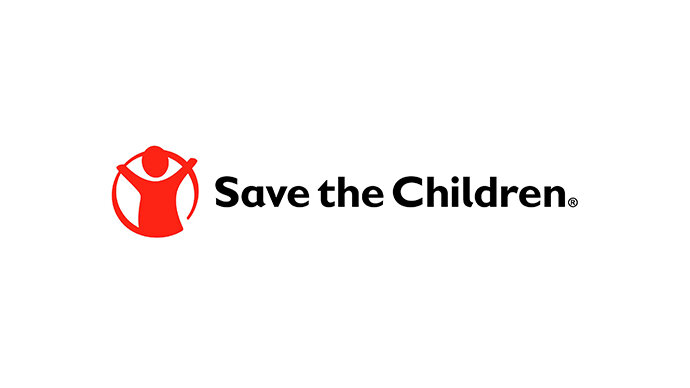
Save the Children
Save the Children invests in childhood – every day, in times of crisis and for our future. In the United States and around the world, we give children a healthy start, the opportunity to learn and protection from harm. By transforming children's lives now, we change the course of their future and ours. The global Save the Children movement currently serves over 143 million children in the US and in more than 120 countries.
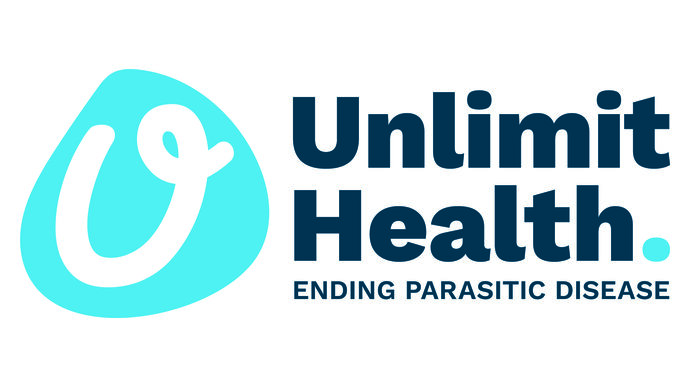
Unlimit Health
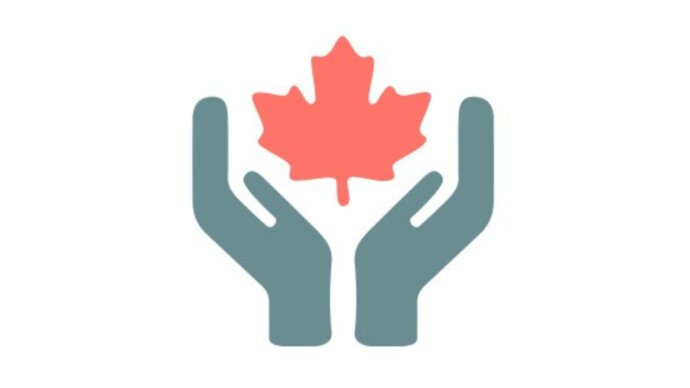
SECOURS LÈPRE – LEPROSY RELIEF CANADA
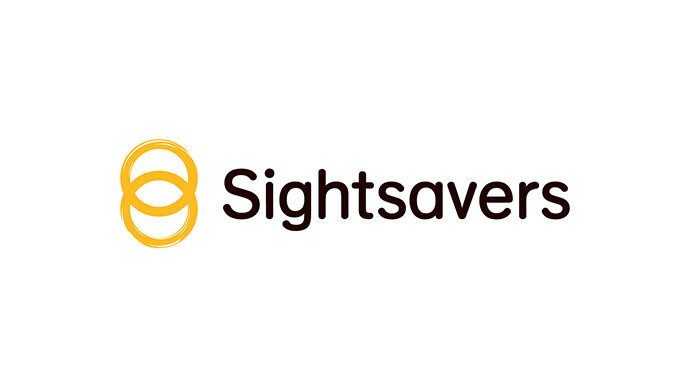
Sightsavers
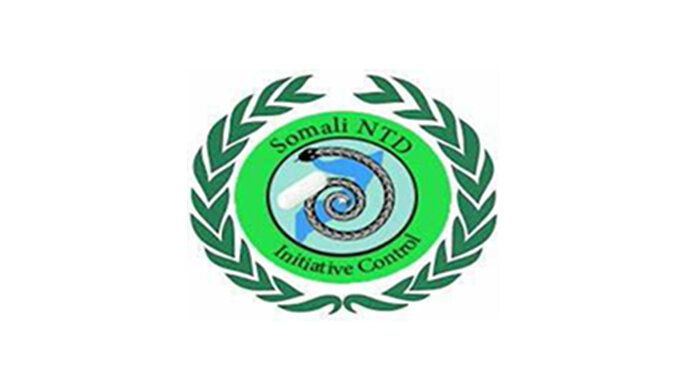
Somali Neglected Tropical Disease Control
SNTDCI is a non-profit volunteer organization based in Mogadishu, Somalia that has been established to fight Neglected Tropical Diseases and Poverty with the main aim of Somali people free from the suffering of NTDs.
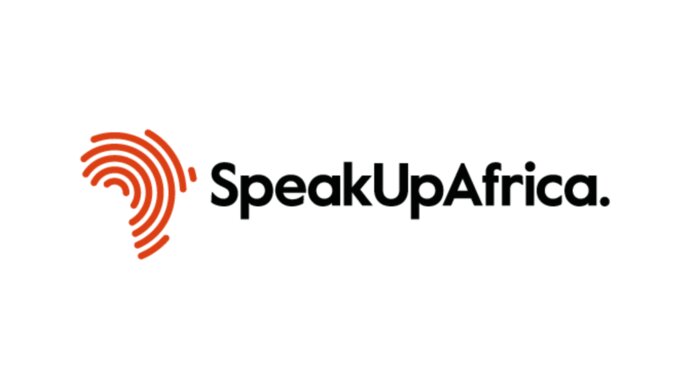
Speak Up Africa
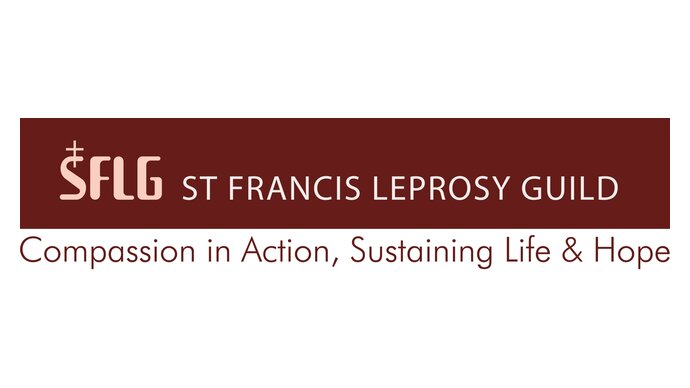
St Francis Leprosy Guild
St Francis Leprosy Guild is a UK-based charity that works to end leprosy across the world. It provides funds for leprosy research projects and supports hospitals and rehabilitation centres that treat leprosy patients. It also provides grants for Active Case-Finding projects that reach out into people’s communities to diagnose and treat leprosy before life-changing disabilities occur.
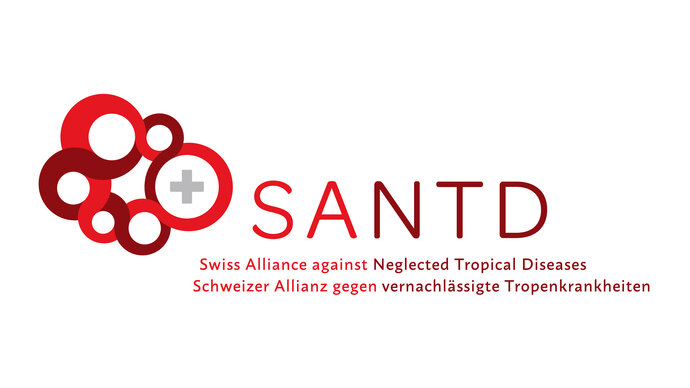
Swiss Alliance against Neglected Tropical Diseases
United by the vision of world free of Neglected Tropical Diseases, the Swiss Alliance against NTDs (SANTD) brings together a broad range of diverse Swiss institutions including NGOs, educational and research institutes, pharmaceutical companies, R&D organizations, and individuals interested in global health. Together, we are committed to creating a stronger, more visible and better-resourced Swiss response to the global challenge of NTDs.
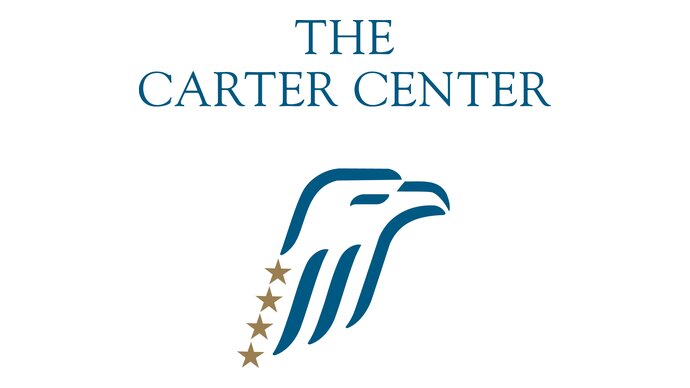
The Carter Center
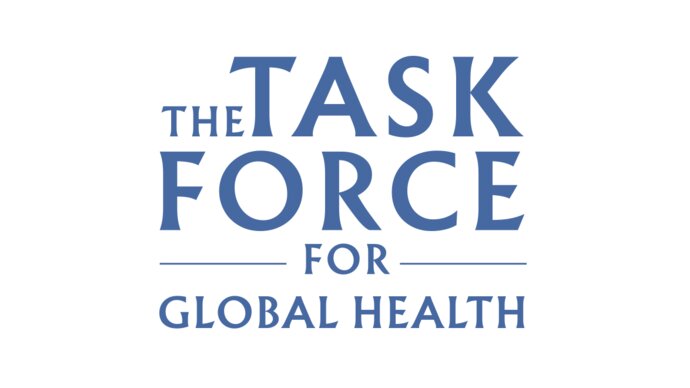
The Task Force for Global Health
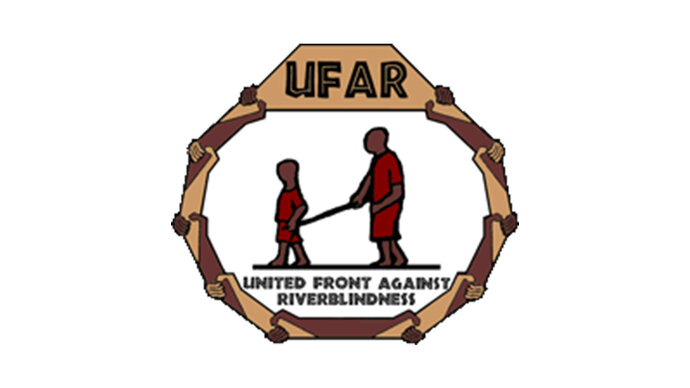
United Front Against River Blindness
UFAR's primary goal is to become a recognized and respected member of the coalition of international, national and local organizations currently involved in concerted efforts to eliminate onchocerciasis as a major public health and socioeconomic problem in the Democratic Republic of the Congo.
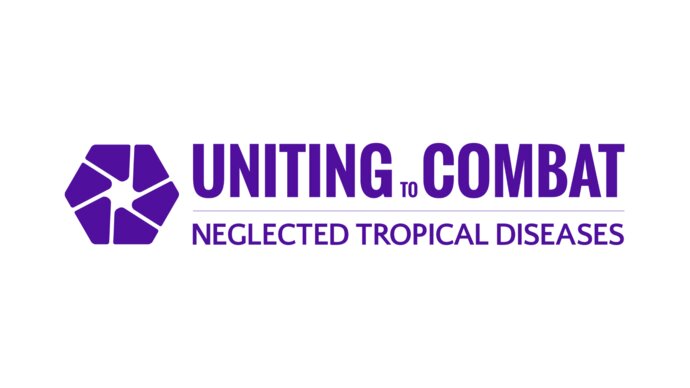
Uniting to Combat NTDs
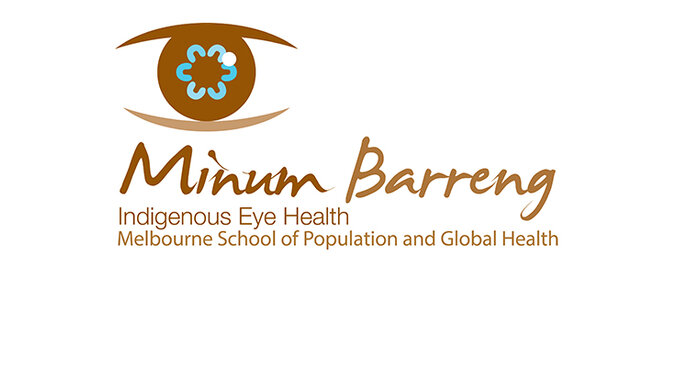
The University of Melbourne Indigenous Eye Health Program
The University of Melbourne’s Indigenous Eye Health (IEH) was established in 2008 at the Melbourne School of Population and Global Health to undertake world-leading research that has established an evidence base and policy framework to address Indigenous eye health in Australia. The IEH Director is Melbourne Laureate Professor Hugh R. Taylor AC, internationally renowned ophthalmologist, and inaugural Harold Mitchell Chair of Indigenous Eye Health.
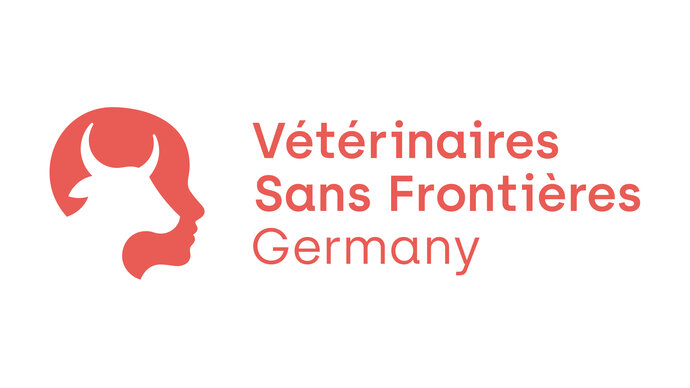
Vétérinaires sans Frontìeres Germany (VSFG)
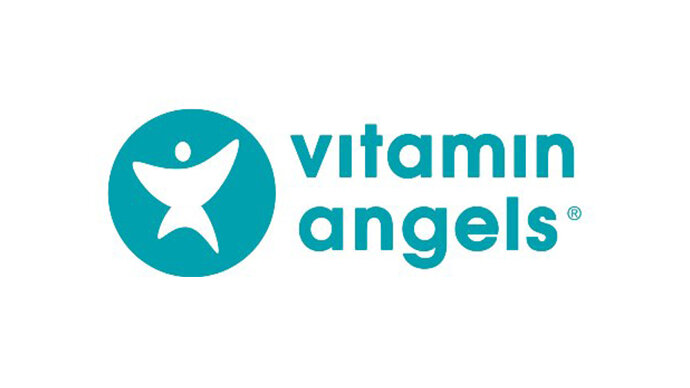
Vitamin Angels
Vitamin Angels helps at-risk populations in need—specifically pregnant women, new mothers, and children under five—gain access to lifesaving and life-changing vitamins and minerals. Vitamin Angels works to reach underserved communities across the U.S. and in 60 countries around the world.

WaterAid
WaterAid’s work with ICTC aims to utilize our expertise for the full implementation of the SAFE strategy, and to bring on board the collaboration of the water and sanitation sector.
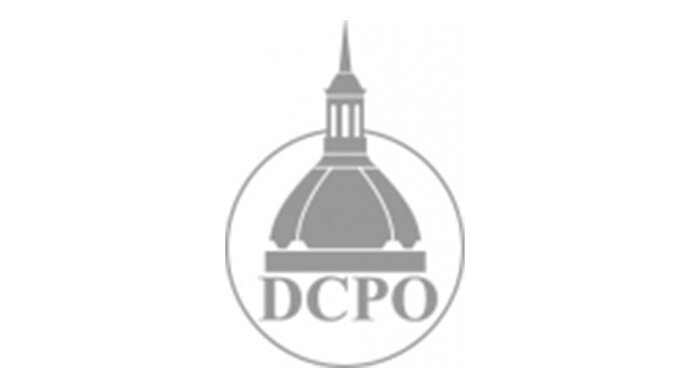
Wilmer Eye Institute at Johns Hopkins
The Dana Center for Preventive Ophthalmology, part of the Wilmer Eye Institute, is a joint collaboration of The Johns Hopkins University School of Medicine and The Bloomberg School of Public Health.
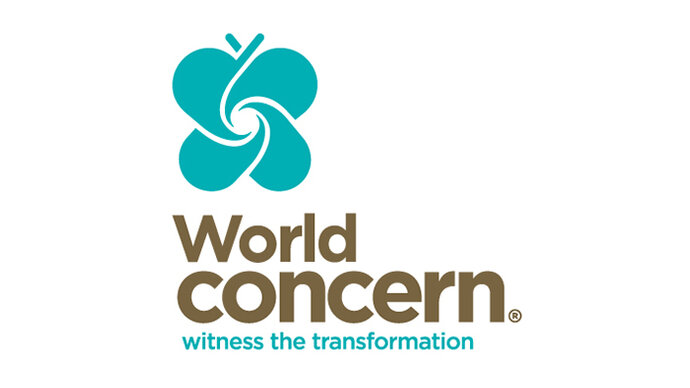
World Concern
World Concern is a Christian global relief and development agency extending opportunity and hope to people facing extreme poverty. World Concern partners with UNICEF, UNHCR, WFP and local Ministries of Health in the supply and distribution of deworming tablets. Over the past year, World Concern has shipped deworming tablets to 13 countries located in Africa, Asia and the Americas.
https://worldconcern.org
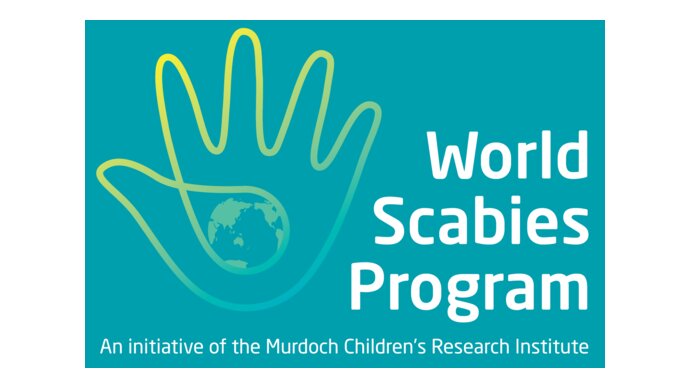
World Scabies Program
The World Scabies Program is working with governments and partners to eliminate scabies as a public health problem. This program aims to put scabies control on national and global agendas, provide guidance and support implementation of community wide treatment strategies, and strengthen health systems to monitor and manage scabies.
